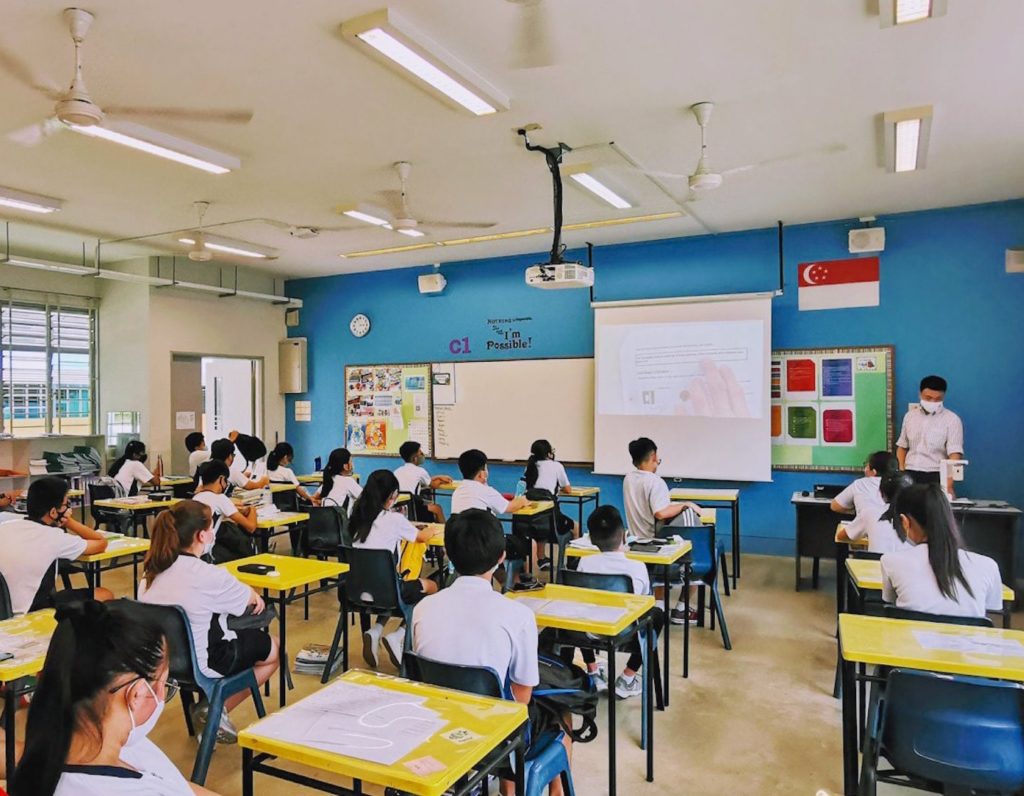
Do you have questions about the PSLE scoring system? We’ve got the lowdown on what it is and how it affects students. Plus, read on to find out what parents in Singapore think!
If your child started Primary 6 this year, you might be curious about the PSLE scoring system. This PSLE scoring system was implemented in 2021 when the government wanted to shift the students’ (and parents’) focus from comparing results with peers to assessing their learning progress. While you can find more details on Singapore’s Ministry of Education website, we break down what you need to know about the PSLE scoring system.
What is the current PSLE scoring system?
The current scoring system scores each standard-level PSLE subject using eight bands known as Achievement Levels (AL). Each student will be given AL scores from 1 to 8 for each subject, totalling the PSLE score as the sum of the AL of each of the students’ four subjects with the best possible total score being 4.
Why did they change the PSLE scoring system?

MOE decided to implement this scoring system in 2021 so that the student’s examination scores are less finely differentiated, and more students will have the same PSLE Score. This also means more schools will have the same cut-off point, so students have a wider range of schools to choose from depending on their strengths and interests, unique school programmes, and co-curricular activities (CCAs).
Is the PSLE scoring system effective?
Unfortunately, the PSLE scoring system may lead to more competitiveness. If two students with the same score contend for the last spot in a school, they will be subjected to tie-breakers, the first being citizenship status. Singaporeans will get priority over Singapore Permanent Residents and international students, followed by the position of the school in each student’s list of school choices. A student who puts the school higher on the list of choices will get priority. If both students still end up tied after both rounds of tie-breakers, computerised balloting will be used.
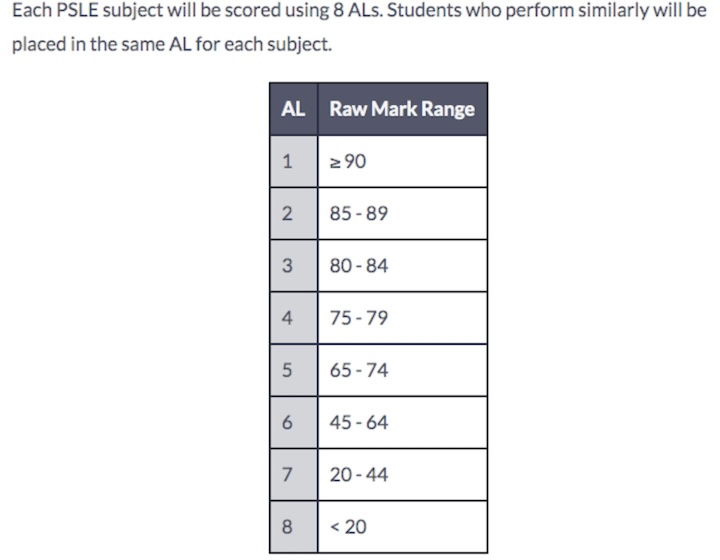
This has led to parents immediately predicting their child’s PSLE score based on their current performance in each subject. You can check MOE’s PSLE score calculator, which also has a map of all the schools your child is eligible for according to the predicted score.
What do Singaporean parents think about the PSLE scoring system?
“The AL margins are truly small”
One mama we spoke to said, “Given the scoring system, my child is an average student who falls in the range between AL4 & 5. We’re looking at a total of 16-25 ALs in his overall results for 4 subjects and that qualifies him for the Normal Academic (NA) stream. This is also an indication that many students will fall into this category… So given the ministry’s focus on ‘the joy of learning’, how is AL1 a score of more than 90? The margins for each AL is truly small.”
“A move in the right direction, but the stress is still there”

Vivian Teo, children’s book author and mama-of-two (one in Primary 3 and one in Primary 5) said, “I think overall the change from the previous T-score system to the current scoring bands is a move in the right direction for stakeholders to be less fixated on that one point that would have made the difference for a child going to say, a particular Special Assistance Plan (SAP) school, or the Integrated Programme (IP) or the O-level stream.
But I don’t think this change in scoring makes a huge difference in alleviating the stress that children and parents face when it comes to the PSLE. While we don’t have to think about that one-point difference now, we are still talking about that one AL score difference (say a grade AL1 or AL2) that can make that difference between entering a certain school or stream. The banding system feels similar to the O-level banding system, but it doesn’t mean the O-levels is any way less stressful.
On my part, I’m a rather laid-back mum. While my eldest daughter is in P5 this year, I do not enrol her for tuition to prepare for the PSLE. My husband and I coach her but sometimes, we do get stumped by how difficult the Math problems can get and high standards they are expected to write in English. I tell my child I don’t need her to make it to some SAP school and that I’m happy for her to be able to make it to her primary school’s affiliated secondary school.
Read more: Guide To Montessori Preschools In Singapore
Though I’m laid-back, to say that I’m not somewhat stressed about the PSLE would be a lie. In fact, when MOE announced the news, I looked up the cut-off points for schools in our home vicinity as options should she not be able to go to her affiliated secondary school. The AL scores to enter without affiliation to these schools in our vicinity are pretty low, meaning they are not that easy to get in. So as long as the PSLE is there, the stress will be there, too.
Like Malaysia, which announced that it was doing away with its UPSR (their PSLE equivalent) and have students assessed through school-based performance instead, I look forward to the day when we find better and more holistic means to educate our children rather than assess them through a major exam at only the tender age of 12.”
“They’re just calling it something else”

Realtor and mama-of-two (one aged 2.5 years old and one in Primary 4) Nadia Ederer said, “It sounds like a naming convention to me. You name it something else, give it another score, and it’s just another way to measure the same thing. The fact is they’re still using this score to determine what children can and cannot do in terms of opportunities. Somewhere there are some things that are OK about it.
For example, in secondary schools now, students can take subjects from different streams even if they are from a ‘lower’ stream (subject-based banding). Despite that, I feel the label, especially if they’re in NA or NT (Normal Technical), is still there – some students will be affected by it and some won’t. What bothers me more is the whole streaming and determining where kids go (and labelling them) at such a young age. There has to be a better way.
It’s very tough for parents. You want the best for your kids, and the best is often academic. It is important at the end of the day and you want your kids to do well academically. But at some point we have to surrender too. You have to weigh out how important it really is for your child to go into a good school, or go into express stream (which is often preferred). The cut-off points for the school that you want could be this, but you look at your child’s performance and you know it’s just not possible for them.
It was hard for me in the beginning, and I panicked when I found out my daughter couldn’t cope with math as well as I did when I was in school. But then I realised my kids’ happiness is not dependent on their grades. Of course, it’ll help give them more options in life, but even that is debatable – can you say that just because a child is more creative instead of academic, it means they’ll have fewer options? What about if they’re better at communicating or happen to be more entrepreneurial? Do they also have fewer options then?
So academic ability is just one factor to feel fulfilled in life. I’ve accepted the fact that my daughter may not get into the secondary school that I dream of, but I’ve had to ask myself, “What is that dream really linked to? The dream of them going to an ‘elite’ school or a ‘good’ school… What hole is it really filling in me? Sometimes, it’s because us parents want to fill up our own gaps that we put so much pressure on our kids.”
What parents thinks about the PSLE scoring system
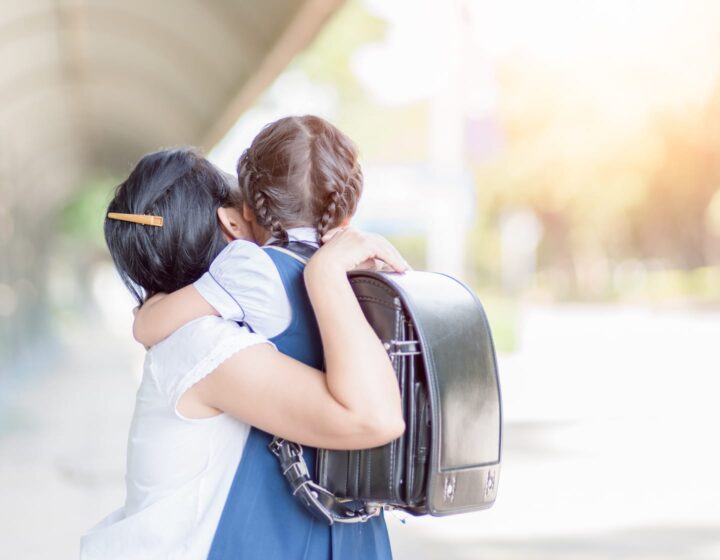
We know how important it is to do academically well in Singapore, but it’s worth prioritising your child’s mental and physical health above all else. Give them your support and assure them that you’re with them every step of the way.
Expose them to the many different paths they can take to succeed, including in the arts, media, entrepreneurship and the many other industries that don’t necessarily require academic excellence in order to achieve their own definition of success. There are ways to get on board with a more respectful approach to parenting, plus it might help to hear from mamas who’ve gone through PSLE with their kids (and why you really shouldn’t freak out!).
Want to share your thoughts? Send us an email at [email protected]!
Read more:






 View All
View All




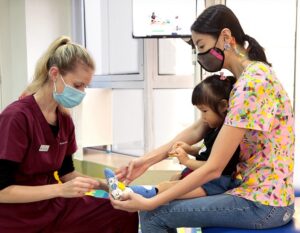
 View All
View All

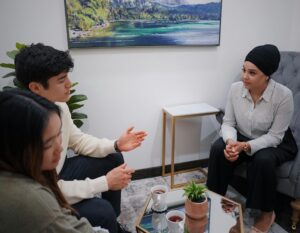




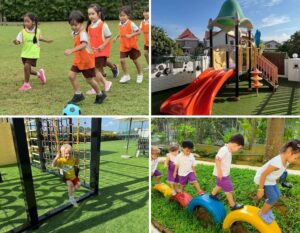



 View All
View All

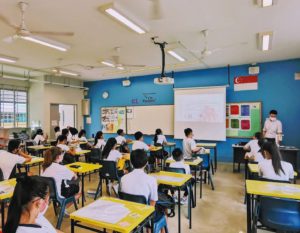


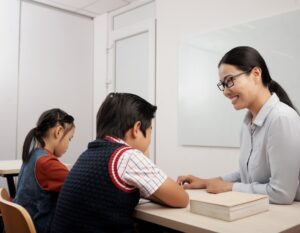
![[𝗛𝗢𝗧 𝗡𝗘𝗪𝗦] 𝗦𝗲𝗻𝗴𝗸𝗮𝗻𝗴 𝗦𝘄𝗶𝗺𝗺𝗶𝗻𝗴 𝗖𝗼𝗺𝗽𝗹𝗲𝘅 𝗶𝘀 𝗕𝗔𝗖𝗞 𝘄𝗶𝘁𝗵 𝗡𝗘𝗪 𝗦𝗟𝗜𝗗𝗘𝗦 & 𝗙𝗘𝗔𝗧𝗨𝗥𝗘𝗦! 💦🔥
One of the most popular pools in the North-East is finally back and it’s even better than before! Brand-new slides for thrill-seekers (1.2m+), splash zones for little ones, a Jacuzzi, sheltered teaching pool, and an Olympic-sized pool for serious swimmers.
Say goodbye to the rainbow slides as the new ones are faster, wider & way more fun! Just remember: proper swimwear only, and no accessories for max sliding speed.
𝗪𝗵𝗲𝗿𝗲: 57 Anchorvale Rd, Singapore 544964 (5 mins from Sengkang LRT)
𝗪𝗵𝗲𝗻: Tues/Thurs/Sat: 6.30am – 9.30pm | Wed/Fri/Sun: 8am – 9.30pm | Mon: Closed
𝗛𝗼𝘄 𝗺𝘂𝗰𝗵: Family of 4 (weekend) = Just $7!
Tag your splash squad & get ready for a wave of fun! 🏄♂️
.
.
.
.
.
.
.
#SengkangSwimmingComplex #SGPools #FamilyFunSG #WaterPlaySG #NorthEastLiving #SengkangReopens #KidsActivitiesSG #SengkangFun #publicswimmingpool](https://www.sassymamasg.com/wp-content/plugins/instagram-feed/img/placeholder.png)
